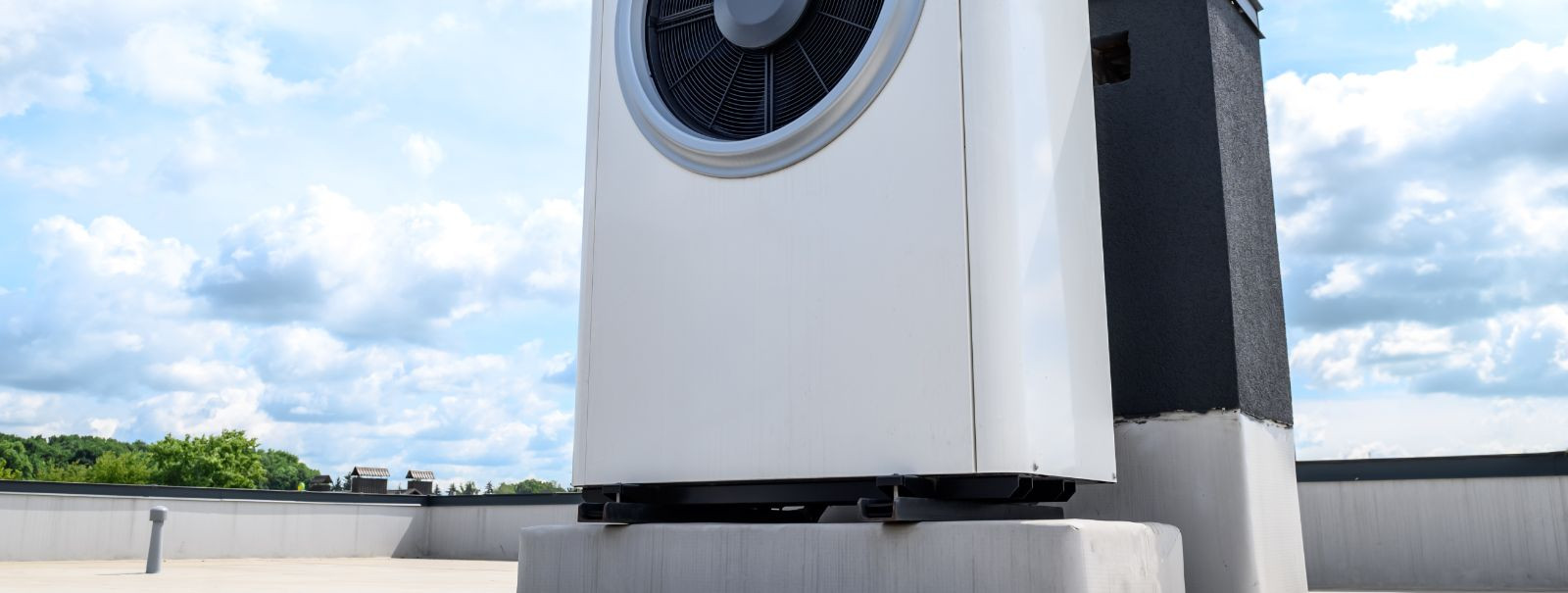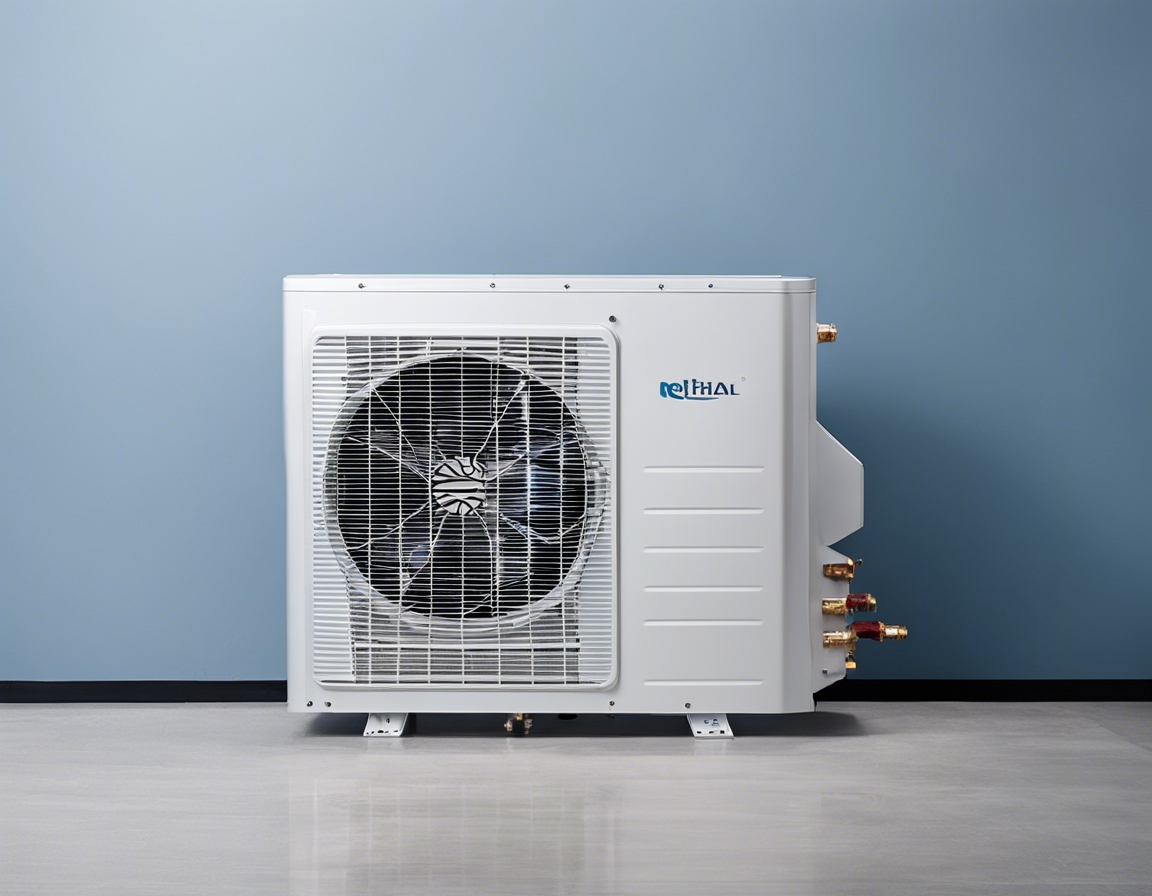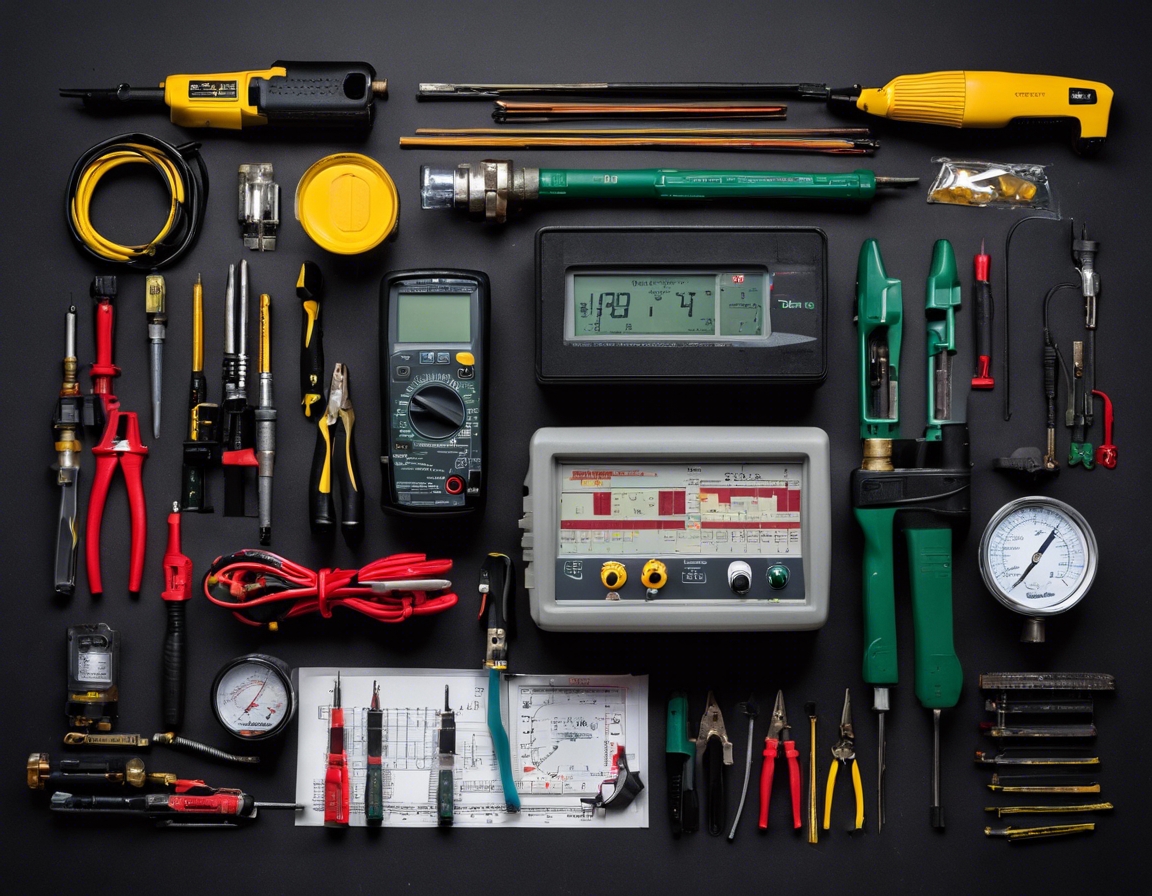The ultimate guide to maintaining your heat pump
Heat pumps are a sustainable and cost-effective solution for heating and cooling your home or business. However, like any other mechanical system, they require regular maintenance to operate efficiently and effectively. This guide will provide you with comprehensive information on how to maintain your heat pump, ensuring it continues to serve you well for years to come.
Understanding Your Heat Pump System
There are several types of heat pumps, including air-source, ground-source, and water-source. Each type has its own specific maintenance requirements, which are crucial for optimal performance.
Heat pumps transfer heat from one place to another using refrigerant. In the winter, they extract heat from the outside air, ground, or water and transfer it indoors. During the summer, the process reverses, removing heat from your home to cool it.
Regular Maintenance Tasks
One of the simplest yet most important maintenance tasks is replacing or cleaning the air filters. Dirty filters can restrict airflow and reduce efficiency, leading to higher energy costs and potential system damage.
The outdoor unit of your heat pump should be kept clear of debris, leaves, and snow. It's also important to ensure there's adequate space around the unit for proper airflow.
The indoor unit requires regular cleaning to prevent dust and dirt buildup. Components such as the coils and blower also need to be checked and cleaned periodically.
Regular system checks by a professional can help identify issues before they become major problems. Annual inspections are recommended to ensure all components are functioning correctly.
Seasonal Maintenance Tips
Before the cold season sets in, it's important to check the antifreeze levels in ground-source heat pumps and ensure the system is ready to handle lower temperatures.
Similarly, preparing your heat pump for summer involves cleaning the coils and replacing the filters to ensure efficient cooling.
Troubleshooting Common Heat Pump Issues
Common heat pump issues include freezing, strange noises, and inadequate heating or cooling. Knowing what to look for can help you determine when it's time to call a professional.
While some issues can be resolved with simple DIY fixes, such as resetting the system or cleaning components, others require the expertise of a trained technician.
Enhancing Heat Pump Efficiency
Installing smart thermostats and controls can help optimize your heat pump's performance, providing better comfort and energy savings.
Additional tips for enhancing efficiency include sealing ductwork, insulating your home, and setting the thermostat to an energy-saving temperature when you're away.
Professional Maintenance and Support
Professional servicing ensures that your heat pump is in top condition, which can extend its lifespan and prevent costly repairs.
When selecting a service provider, look for certified technicians with experience in heat pump systems. A reputable company will offer comprehensive maintenance plans tailored to your specific needs.






Comments (0)